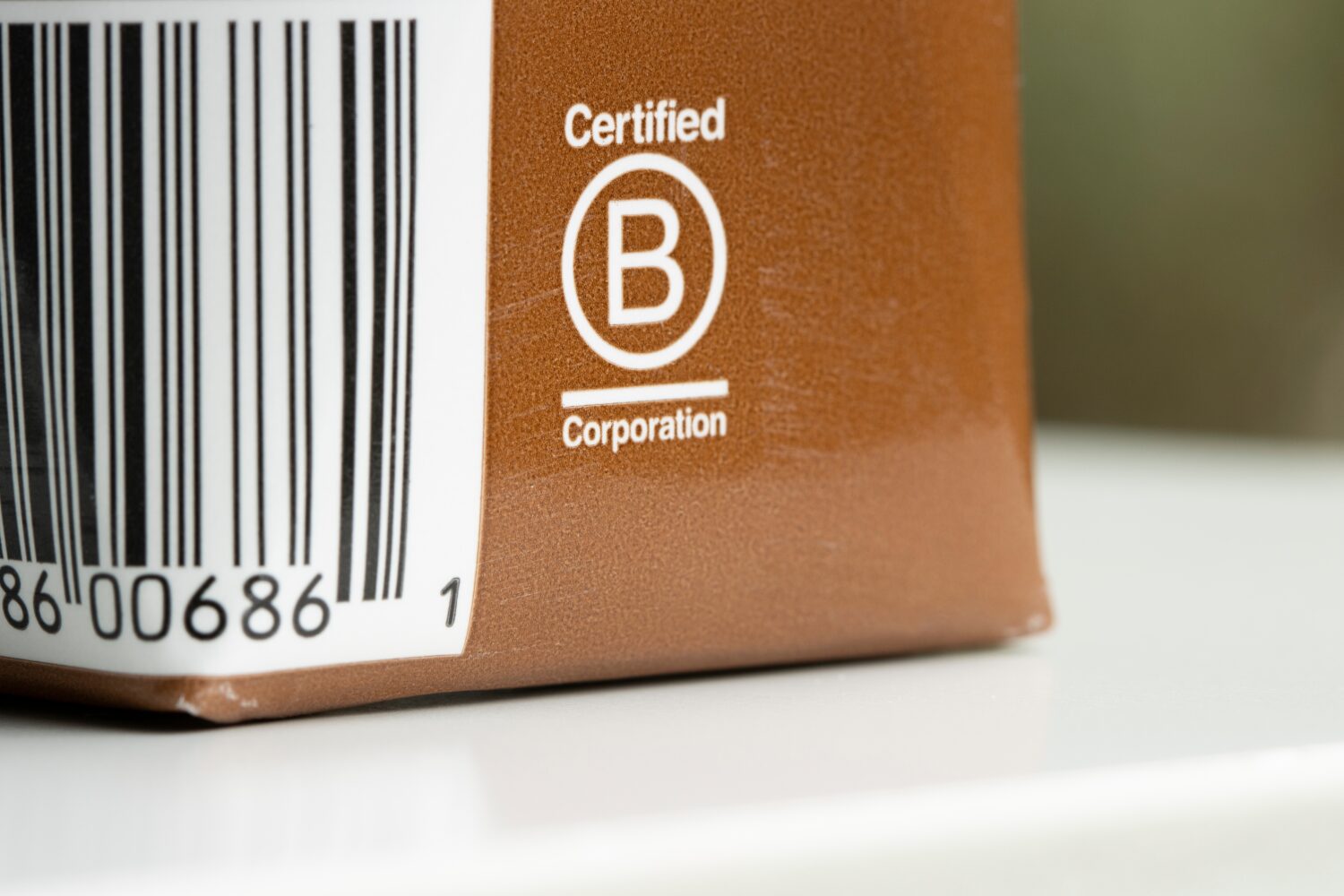Sustainability is the new cool kid on the block. Across the UK, a group of over 1000 businesses have become members of a new elite club – the B-Corp Status community.
To become a certified B Corporation, companies must undergo an in-depth assessment with over 300 questions on socially and environmentally responsible practices relating to energy supplies, waste and water use, worker compensation, diversity, and corporate transparency.
Businesses must receive a minimum verified score of 80 on the B Impact Assessment. Over 150,000 companies have so far taken the assessment since the beginning of 2006; just 6,279 businesses globally have been certified.
The B Corp community in the UK includes well-known brands such as The Guardian, innocent, Patagonia, The Body Shop, and organic food pioneers Abel & Cole. On February 28, Sparta Global became the club’s latest member.
“No one can ignore the social and environmental impact we have as a business or function, and a CFO is in an ideal position to ensure value creation through involvement in these initiatives,” Sparta’s CFO Nic Day says.
Day joined Sparta in June 2017 and is responsible for the finance function. As CFO, Day recognises that ESG and CSR are not only good for society as a while but also good for business.
“By adopting strategies and processes that maintain social and environmental development, we deliver increasing value to all our stakeholders; customers, employees, investors, and the wider community in which we operate,” he tells The CFO.
In pursuit of sustainability
At its core, Sparta is already a social impact business. Days says ensuring sustainability is at the heart of its core strategy.
Sparta was founded to close the digital skills gap – using a hire, train, deploy model to give those with untapped potential the skills to contribute to UK technology and the wider economy.
“We wanted to ensure that our impact was recognised both within and outside of the organisation by a world-class, authentic program, and one that rigorously tests the company’s entire social and environmental impact,” says Day.
Sparta achieved an impact score of 109.4, more than double the median score for businesses that complete the assessment.
Day was a big promoter of applying for B-Corp status from day one, ensuring the finance team played its part in making the certification a reality. During the application process, Day’s team delivered financial and non-financial metrics, and insight to help drive the initiative.
Indirectly, the team also helped to promote new schemes such as a group electric car scheme for employees, a cycle-to-work scheme, and adopting environmentally responsible policies around travel; this included centralising booking of business travel through a platform that allows Sparta to monitor and consider its CO2 impact.
“Fundamental to our ability to pivot on these initiatives was an IT cloud platform approach to our organisation,” Day explains. “Putting finance at the centre of this platform and linking my team’s processes to our entire business has created huge efficiencies and opportunities to scale, without additional direct environmental cost.”
As a result of this shift, the finance team has reduced the need for increased use of on-premises IT capability and therefore no longer needed to draw on additional electronic infrastructure and energy.
Benefits abound
B-Corp certification requires companies to meet high standards of social and environmental performance, transparency, and accountability. And while achieving the status is a way for companies to demonstrate their commitment to responsible business practices there are several additional benefits.
Competitive advantage is just one example; by distinguishing yourself within the marketplace, these organisations can help attract socially conscious customers, investors, and employees who are looking for businesses that align with their values.
“People are far more conscious of the environmental and social impact businesses have,” Day says. For Sparta, it has helped them recruit new talent.
“When it comes to attracting people into any given team, they want to work for a business that is being a positive force in these areas. Sparta business has always had social impact at its heart, but the B Corp status rubber stamps that philosophy,” Day explains.
Achieving the certification has helped Sparta attract the right talent for its future vision, and it is already having a positive impact on it’s clients. Day says the business’s investment in junior technology talent has helped a diverse group of individuals push through traditional barriers to enter tech and thrive within the digital space.
“As a result, we are further helping to build inclusive and sustainable economies. This message is very powerful when attracting new team members into all parts of Sparta Global, including the finance function,” Day says.
What does the future hold?
As Sparta continues its path to becoming ever more sustainable as a business, Day says the finance function will continue to play a role by seeking out further initiatives to move the dial on what corporate businesses can do.
“As part of achieving the B Corp status, we have set goals for our wider business and must meet these within the next three years,” Day says. For the finance function, this means adapting and investing in programs that align with these core missions.
Day also notes the function will seek to utilise new technology where they can maximise their social impact while minimising their environmental one.
Was this article helpful?
YesNo


